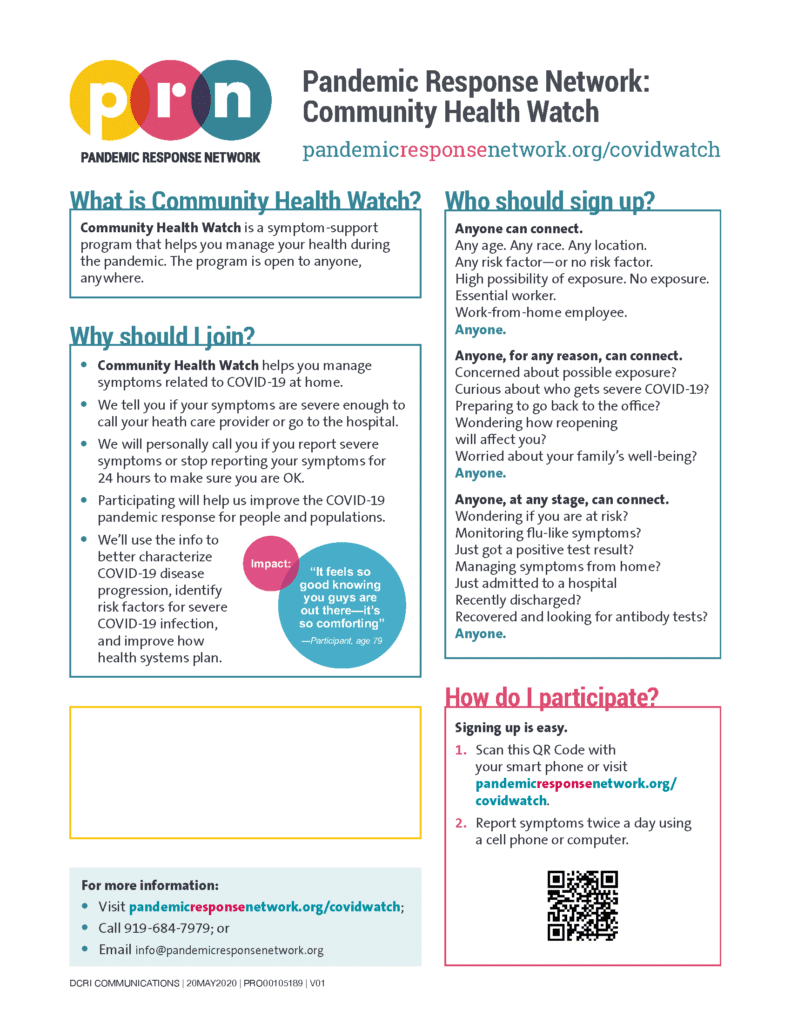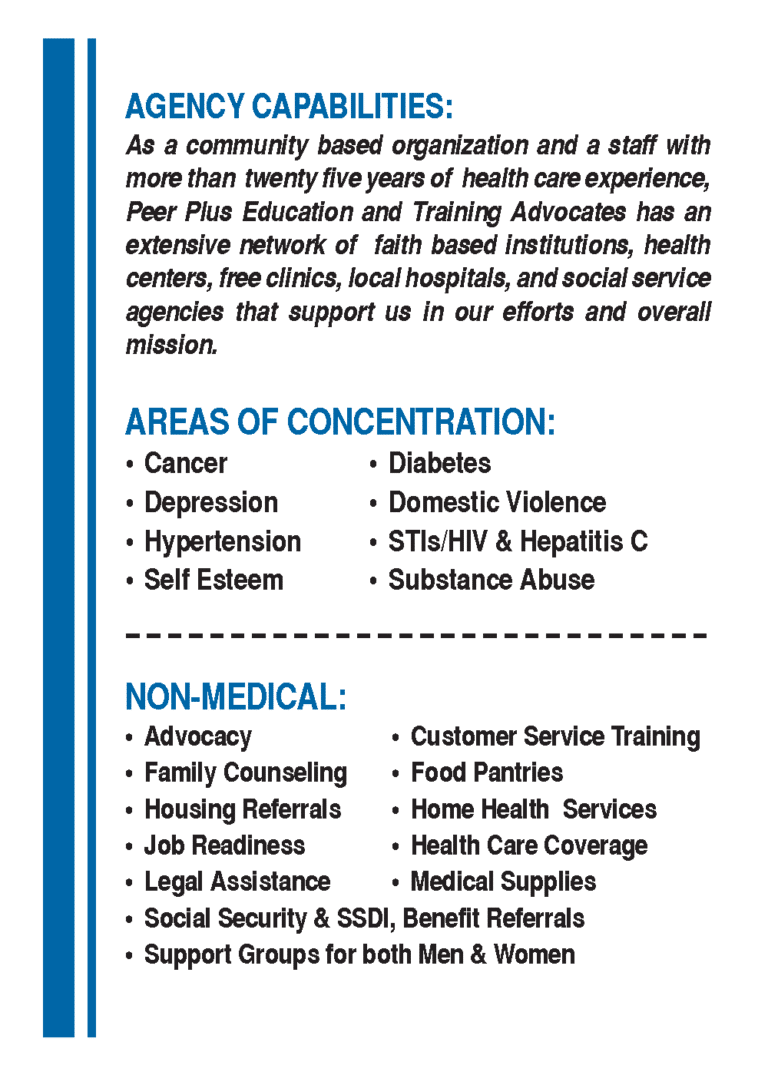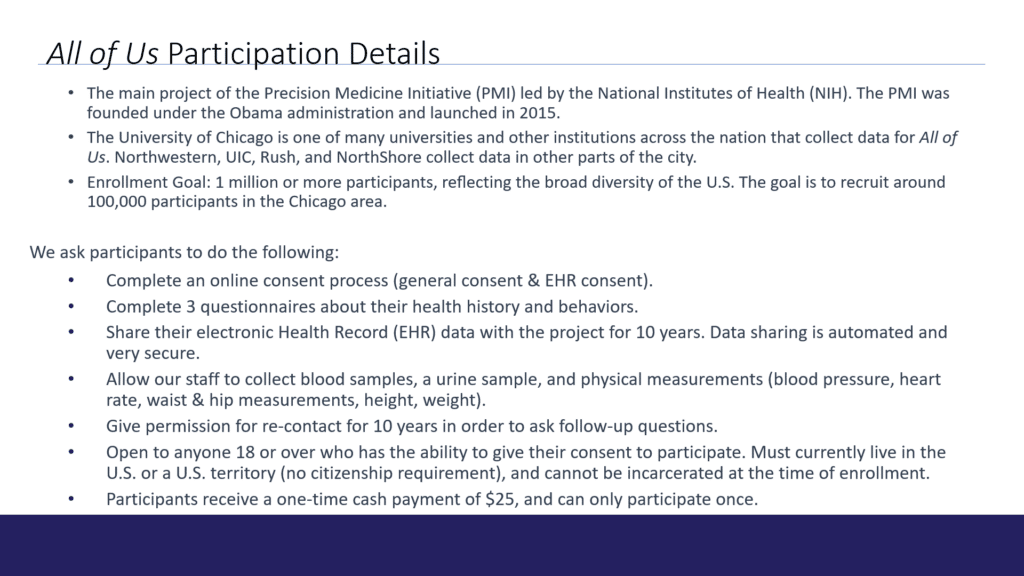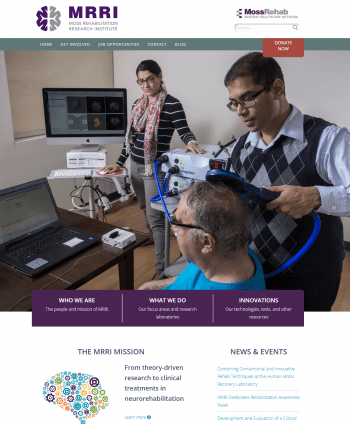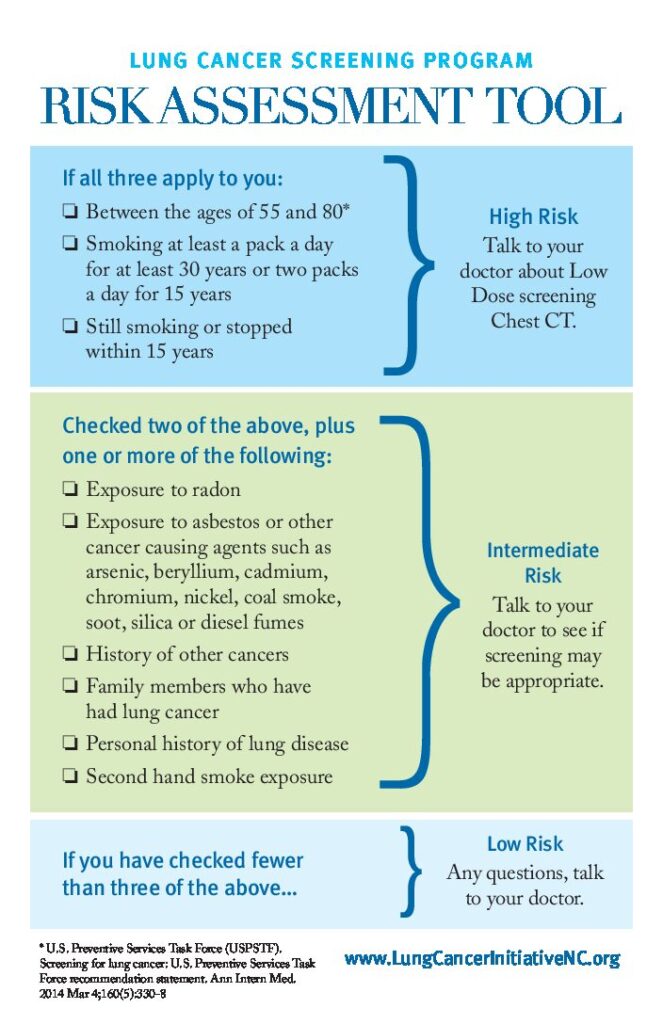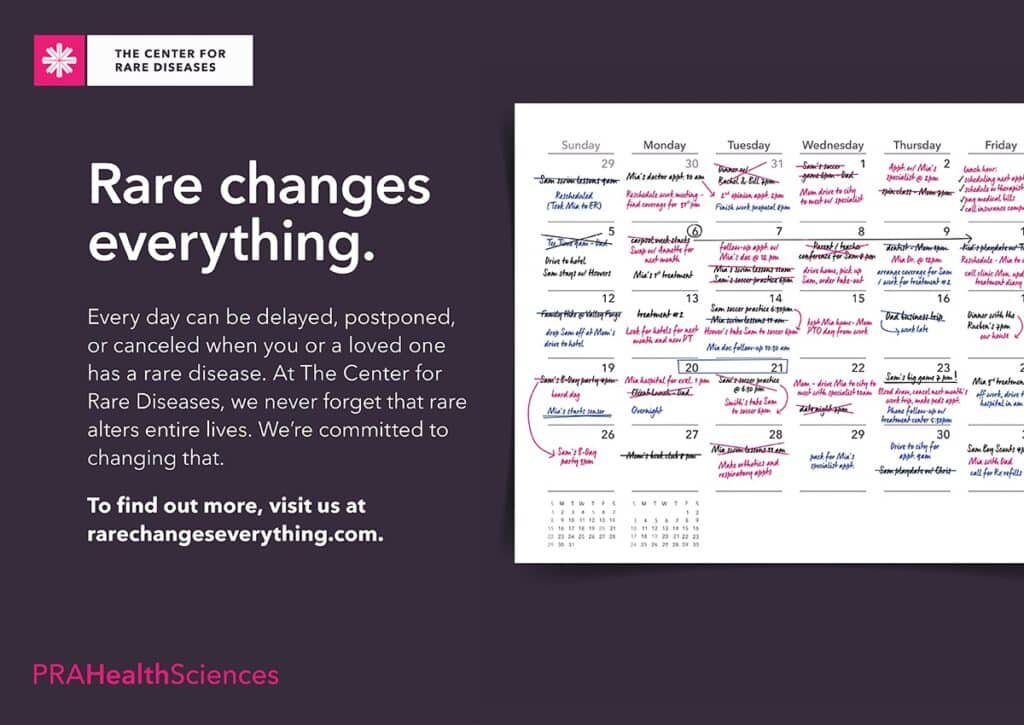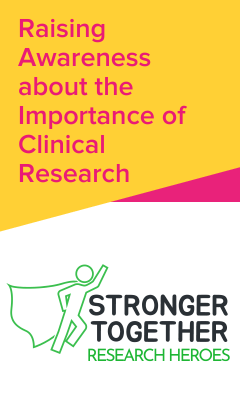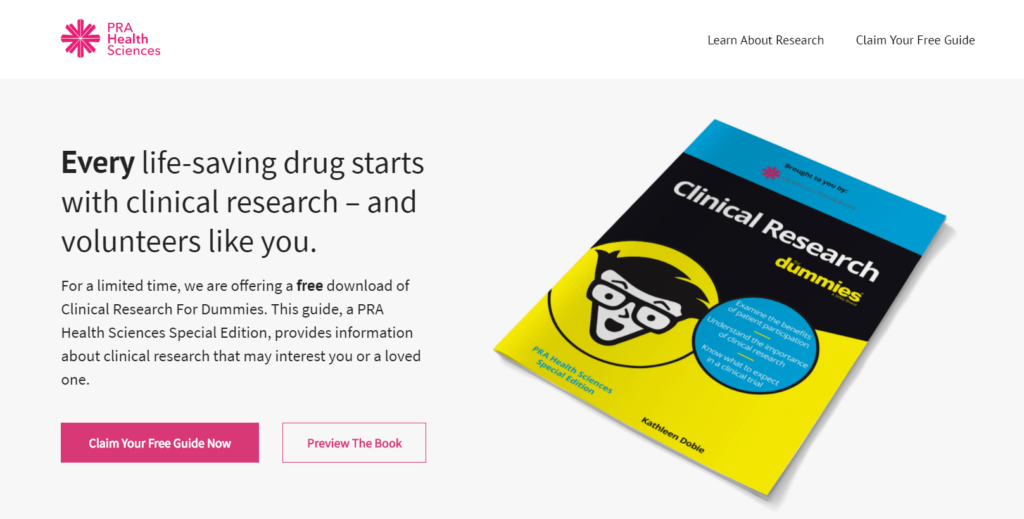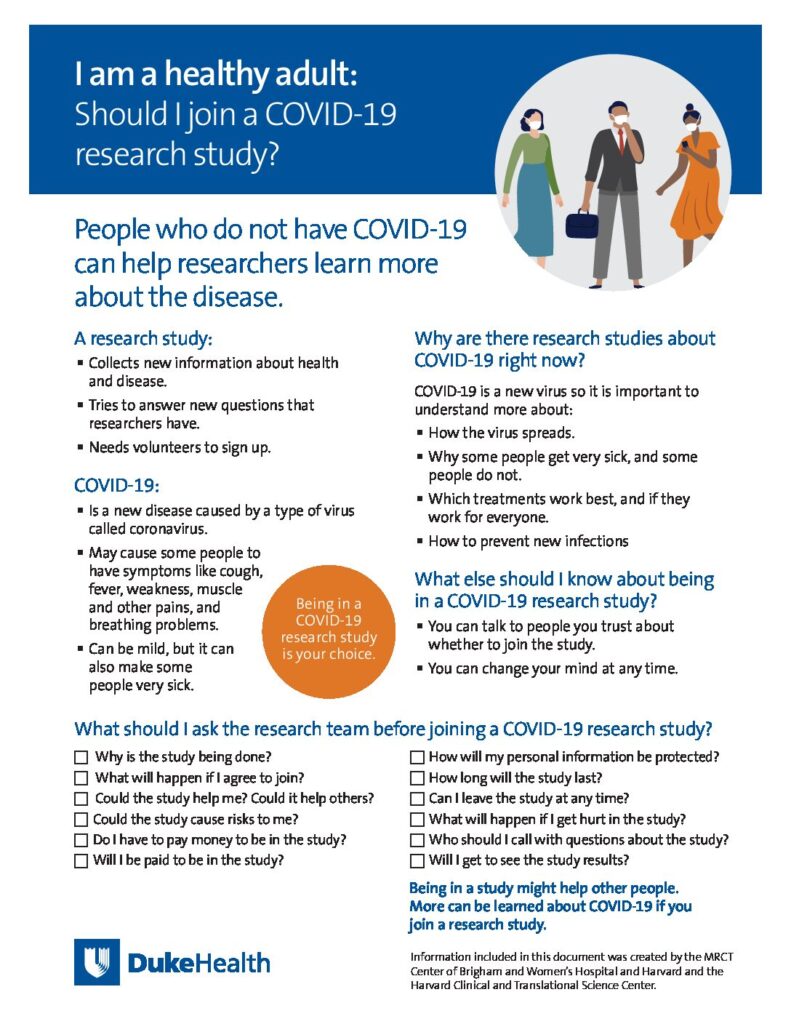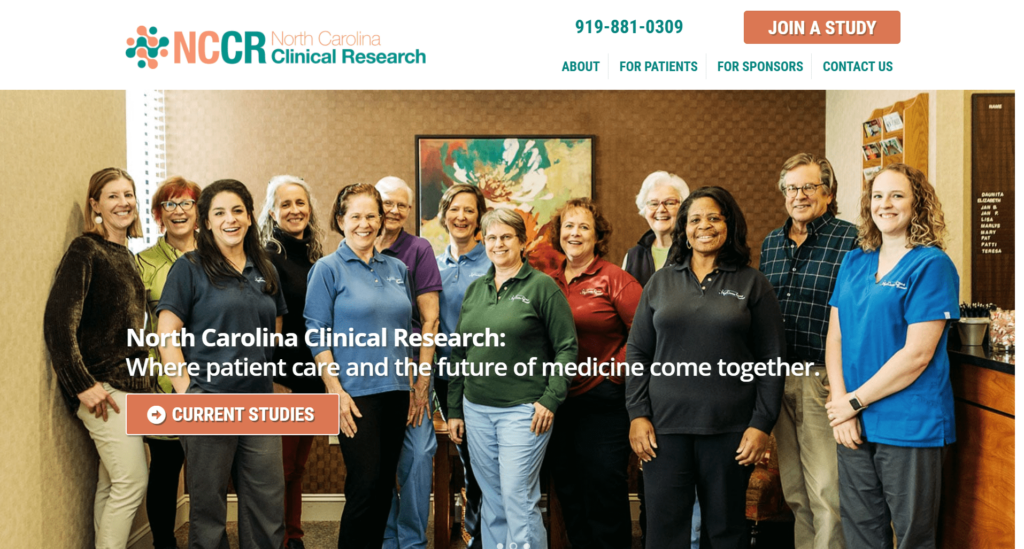Alzheimer’s is a disease that affects more than 5 million Americans. Jeanne Cronin has an intimate experience, due to her family history. She recalls stories shared by family members about her grandmother, whose behavior resulted in her being moved from nursing home to nursing home. Thinking back Jeanne explains that, although Alzheimer’s was not part of the public conversation at the time, her behavior could very well have been symptoms of the disease. Many years later Jeanne noticed her own mother having trouble understanding things and conversing with her while out to dinner for her 60th birthday. It was at this time that she encouraged her mother to visit Massachusetts General Hospital (MGH) where she was later diagnosed with a mild case of Alzheimer’s.
Despite these experiences, Jeanne maintained a distance from the topic of Alzheimer’s. The disease, on the other hand, continued to take its toll on her family. In 2008 Jeanne’s sister was diagnosed with a mild cognitive impairment. Ultimately her sister passed away at the age of 76. Having expressed a desire to donate her brain to science, Jeanne’s family was made aware that her sister did indeed have Alzheimer’s, along with Lewy body disease. Upon reflection, she shared how grateful she was to have this diagnosis. “I felt like I was able to look back on her behavior, which I previously judged, in a new way.” It was at this time that Jeanne expressed her willingness to get involved in Alzheimer’s research to Dr. John Growdon, a neurologist at MGH who worked with her sister.
In 2015 Jeanne became involved in an Alzheimer’s study at Brigham and Women’s Hospital in Boston. The study is testing an anti-amyloid treatment to evaluate its effectiveness in preventing memory loss due to Alzheimer’s. In order to be eligible to participate, individuals must have elevated levels of amyloid-beta plaque and not be exhibiting any clinical signs of cognitive impairment or dementia. Confident that she would not display signs of plaque, Jeanne completed all necessary screenings. Unfortunately her tests came back positive. The research staff explained to Jeanne that, although the plaque can lead to Alzheimer’s, it is not definitive. Jeanne shared her complete shock and hesitance to continue in the study. “I didn’t want to be reminded of the disease with each visit.” It was her conversation with another patient, already involved in the study, which helped her decide to continue. Both have a family history of Alzheimer’s and were able to speak candidly about their experiences and participation.
Jeanne is currently still enrolled with one year left of the five-year study. Despite being aware that she may be receiving a placebo, Jeanne shares that in her experience, whether she is receiving the drug or not is the least significant part of her participation. She explains that her monthly visits, not only contribute to research, but also help track any possible decline in her memory. Jeanne notes that her visits also serve as a regular reminder of the disease which helps minimize denial, something she often noticed within her family. She emphasizes, “Our minds are so precious that people don’t want to deal with it.”
For anyone considering participating in a study, Jeanne notes, “You will benefit no matter what the outcome. Ultimately all you need is a willing heart to participate.” In fact, she shares that her experience has also changed her perception of the disease. “I’m not as afraid of Alzheimer’s as I used to be.”
Written by Leslie Perez, Marketing & Communications Coordinator




